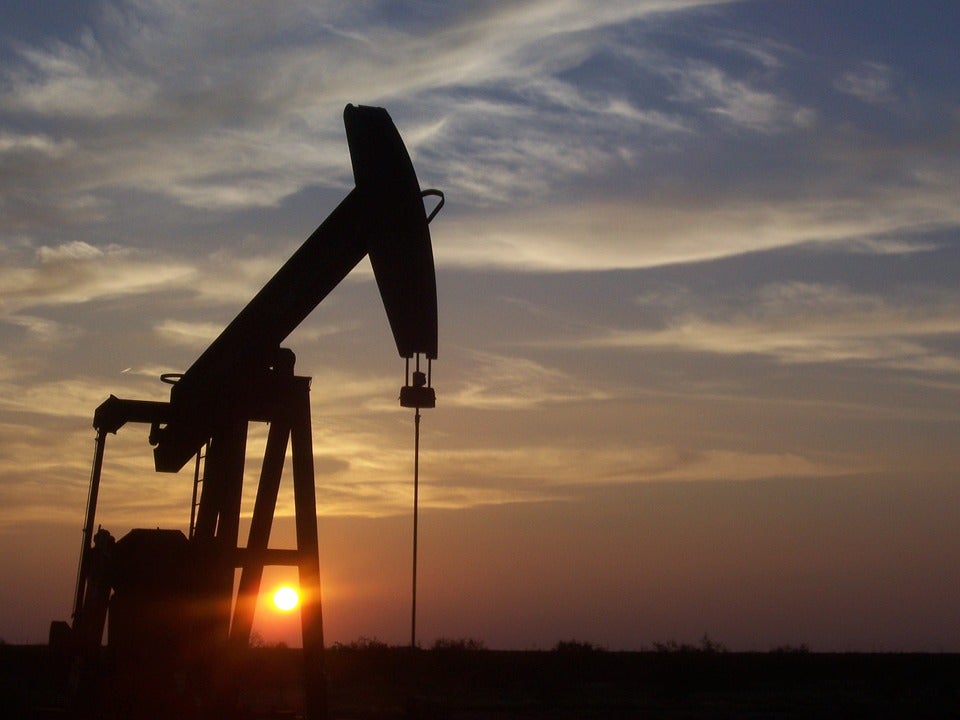
The International Energy Agency (IEA) has cut its oil demand growth forecast for 2019 and 2020 by 0.1 million barrels a day (mb/d) due to a waning US appetite.
The Paris-based organisation also acknowledged last month’s drone attacks on Saudi Arabia’s Abqaiq and Khurais oil facilities, which temporarily pushed Brent prices above $70 a barrel.
It said, however, the Kingdom’s rapid recovery of production following the incident, which the Saudi’s blamed long-term rival Iran, meant it had no impact on its oil growth demand estimates.
Brent prices ultimately dipped $2 below their pre-attack levels earlier this month, illustrating the IEA’s point, though the body maintained further tit-for-tat attacks between the two Middle East oil giants would be of concern.
It said: “For both 2019 and 2020 we have cut our headline oil demand growth number by 0.1 mb/d.
“However, the reduction for 2019 mainly reflects a technical adjustment due to new data showing higher US demand in 2018, which has depressed this year’s growth number.
“The renewed focus on demand and supply fundamentals does not mean that the attacks on Saudi Arabia can be shrugged off as being of little consequence.
“Further incidents of this nature in the strategically important Gulf region could happen and cause even greater disruption.”
Saudi Arabia drone attacks make little impact on oil demand growth
Saudi Aramco was forced to suspend 5.7 million barrels of crude oil per day after its Abqaiq oil processing plant and the nearby Khurais oil field came under attack from drones on 14 September.
The Houthi group, a Yemen-based terror organisation, claimed responsibility for the attacks which stared fires at the two facilities, but following investigation of the damage Saudi Aramco pointed the finger at Iran.
A total of 10 drones were reportedly used to launch attacks on the facilities located in eastern Saudi Arabia.
Combined, the two plants account for nearly half of Saudi Aramco’s total output, and reportedly meet more than 5% of global oil supply.
The IEA’s claim that further strategic attacks could hurt oil demand growth could be put to the test in the coming days, with Iran’s media having reported one of the country’s oil tankers moored off the coast of Saudi Arabia was hit by two missile strikes in the early hours of 11 October.
It said the incident has caused a major oil spill in the Gulf at a time when tensions between the Iranian government and its Saudi rivals are running increasingly high, with the latter blaming Iran for 14 drone strikes on two of its key oil facilities last month.
Iran’s national oil company (NIOC), which owns the tanker, denied claims the damage was caused as a result of missile strikes, while investigations to definitively determine the event’s origin are being carried out.
The BBC reported it is common for vessels off the Saudi coast to switch off their automatic identification systems, which track potential incoming missiles, in order to avoid detection that might lead to sanctions or harassment.
Brent crude prices rose 2.1% to $60.36 a barrel on the news in early morning trading.


